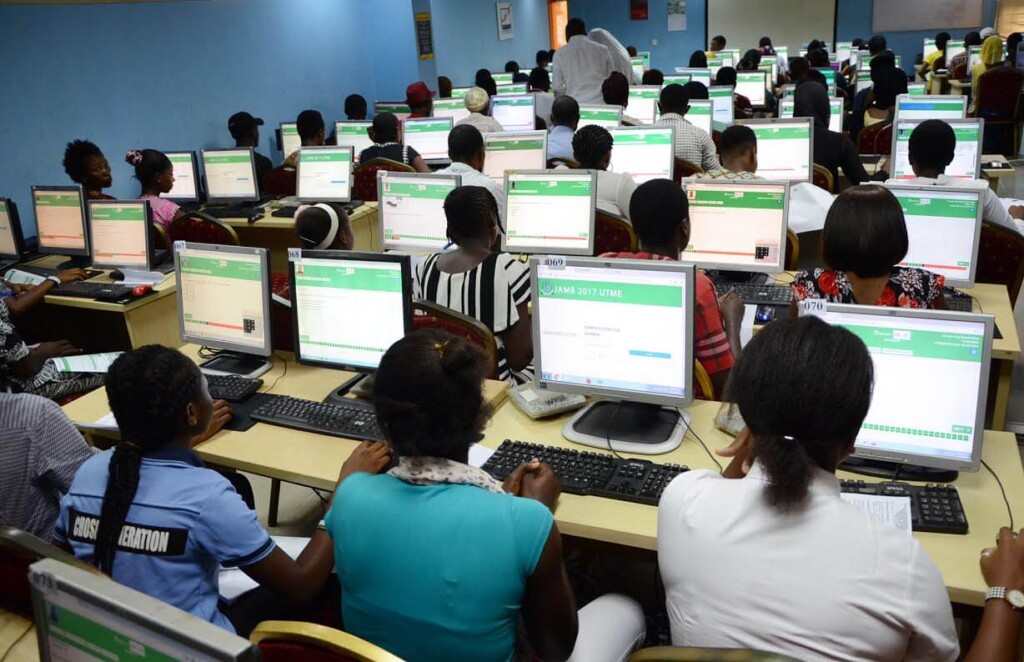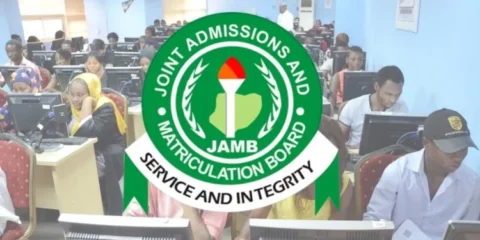TThe Special Committee on Examination Infractions established by the Joint Admissions and Matriculation Board (JAMB) has uncovered more than 6,000 cases of technology-enabled malpractice during the 2025 Unified Tertiary Matriculation Examination (UTME).
The committee’s chairman, Dr. Jake Epelle, presented the findings in Abuja on Monday, revealing that a large portion of the infractions involved biometric fraud, digital identity manipulation, and false disability claims.
According to him, 1,878 candidates falsely declared themselves as albinos in order to secure undue examination concessions, while thousands of others engaged in fraudulent practices such as fake National Identification Numbers (NINs), credential forgery, and syndicate-backed schemes.
Giving a breakdown, Epelle said: “We documented 4,251 cases of ‘finger blending’, 190 cases of AI-assisted impersonation through image morphing, 1,878 false disability claims, alongside numerous cases of multiple NIN registrations, credential forgery, and solicitation networks. This fraud is not carried out by candidates alone—it thrives through syndicates involving some CBT centres, schools, parents, tutorial operators, and even technical accomplices.”
The committee described examination malpractice as “a highly organised, technology-driven, and culturally normalised enterprise,” warning that the integrity of national examinations is at risk.
It also raised concerns that existing laws are inadequate to tackle the growing threat of biometric and digital fraud, stressing the urgent need for stronger regulatory and legal frameworks.
In its recommendations, the panel urged JAMB to:
- Deploy AI-powered biometric anomaly detection and dual verification systems
- Establish real-time monitoring and a National Examination Security Operations Centre
- Cancel results of confirmed fraudulent candidates and impose bans ranging from 1–3 years
- Prosecute candidates and collaborators while creating a Central Sanctions Registry accessible to institutions and employers
The report further advised JAMB to digitise correction processes, strengthen mobile-first self-service platforms, tighten disability verification, and ban bulk school-led registrations.
It also called for amendments to the JAMB Act and the Examination Malpractice Act to formally recognise biometric and digital fraud, while recommending the creation of a dedicated Legal Unit within JAMB.
The Special Committee, inaugurated on August 18, was mandated to investigate the rising wave of technologically driven malpractice, review systemic weaknesses, and propose solutions to safeguard the credibility of Nigeria’s examination system.





